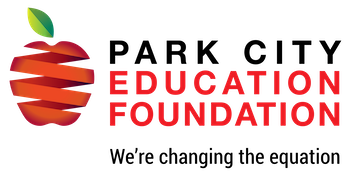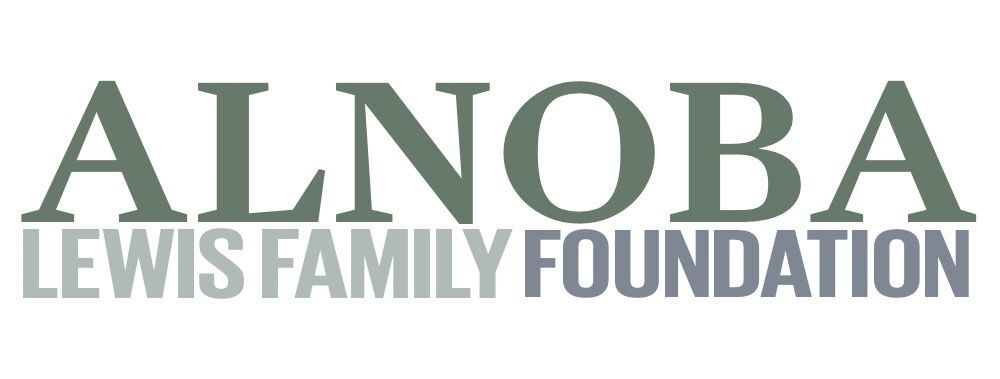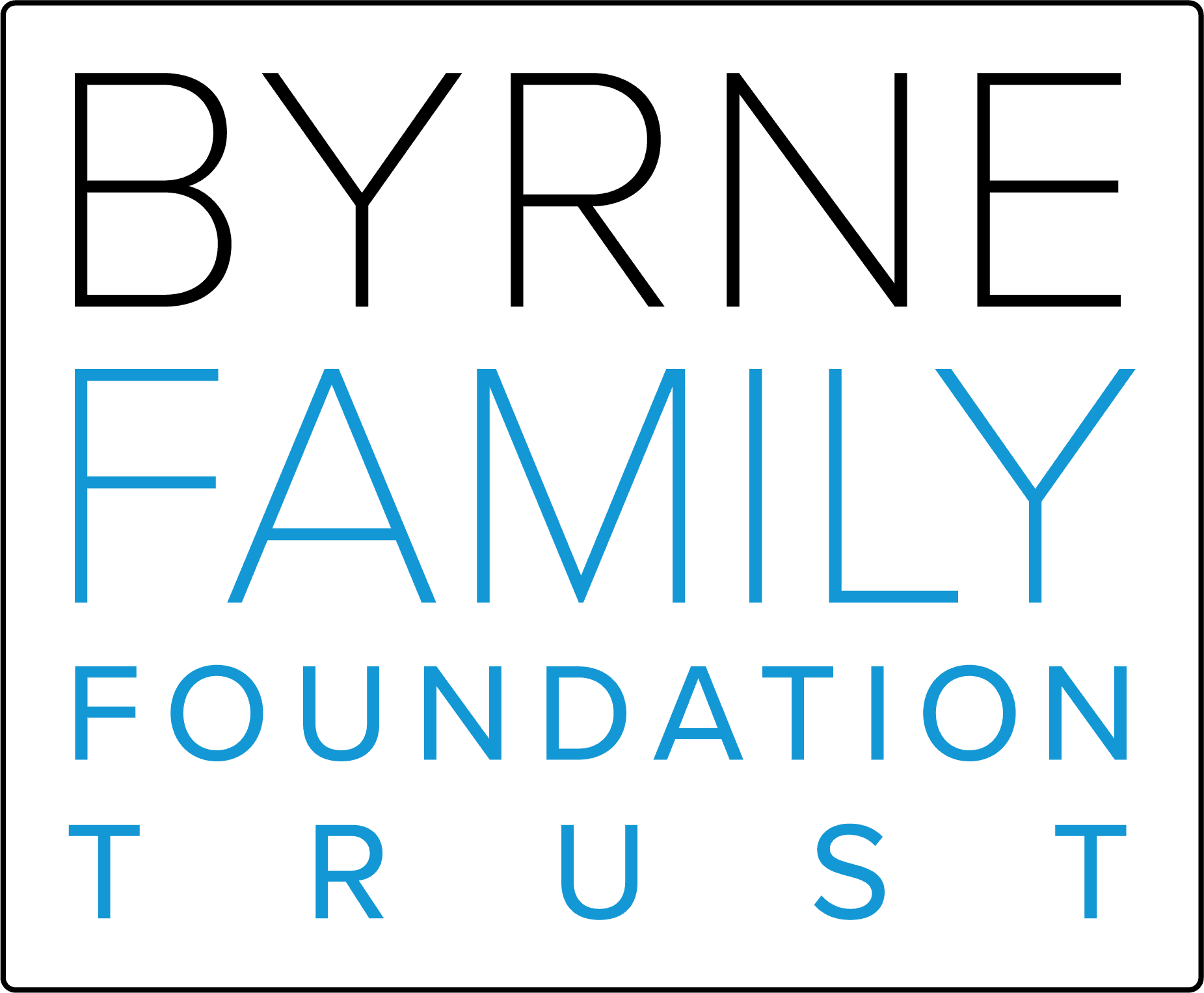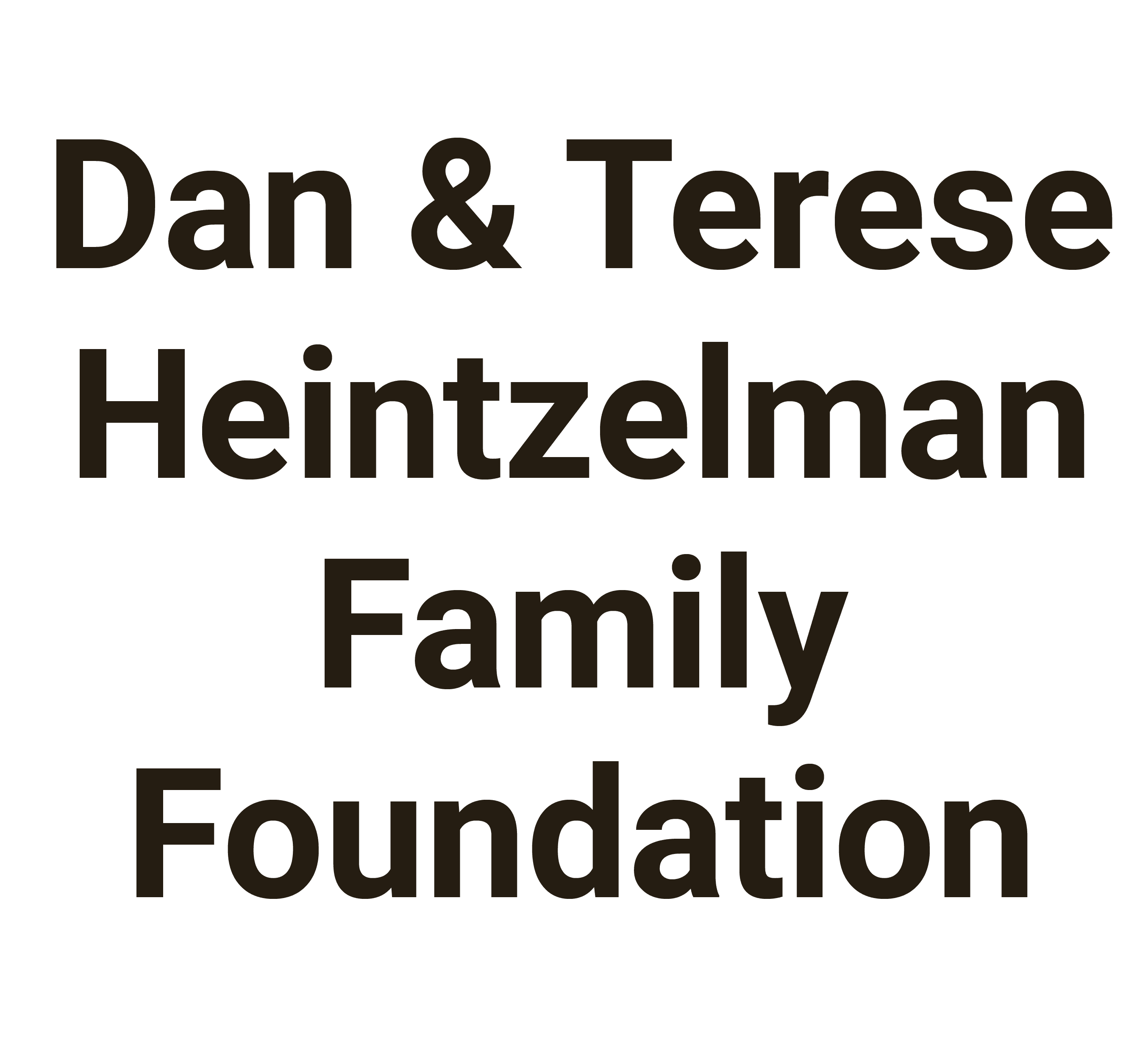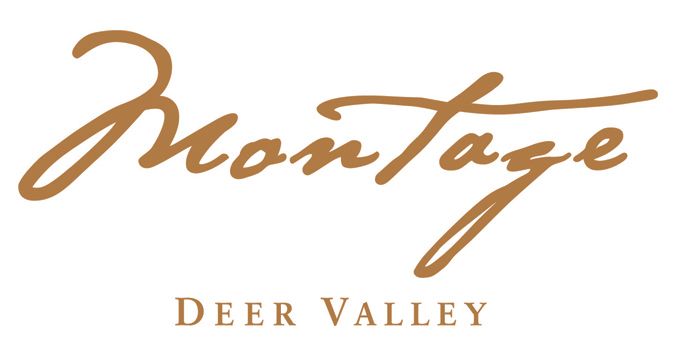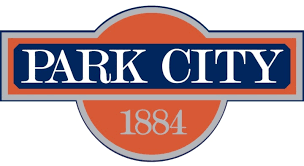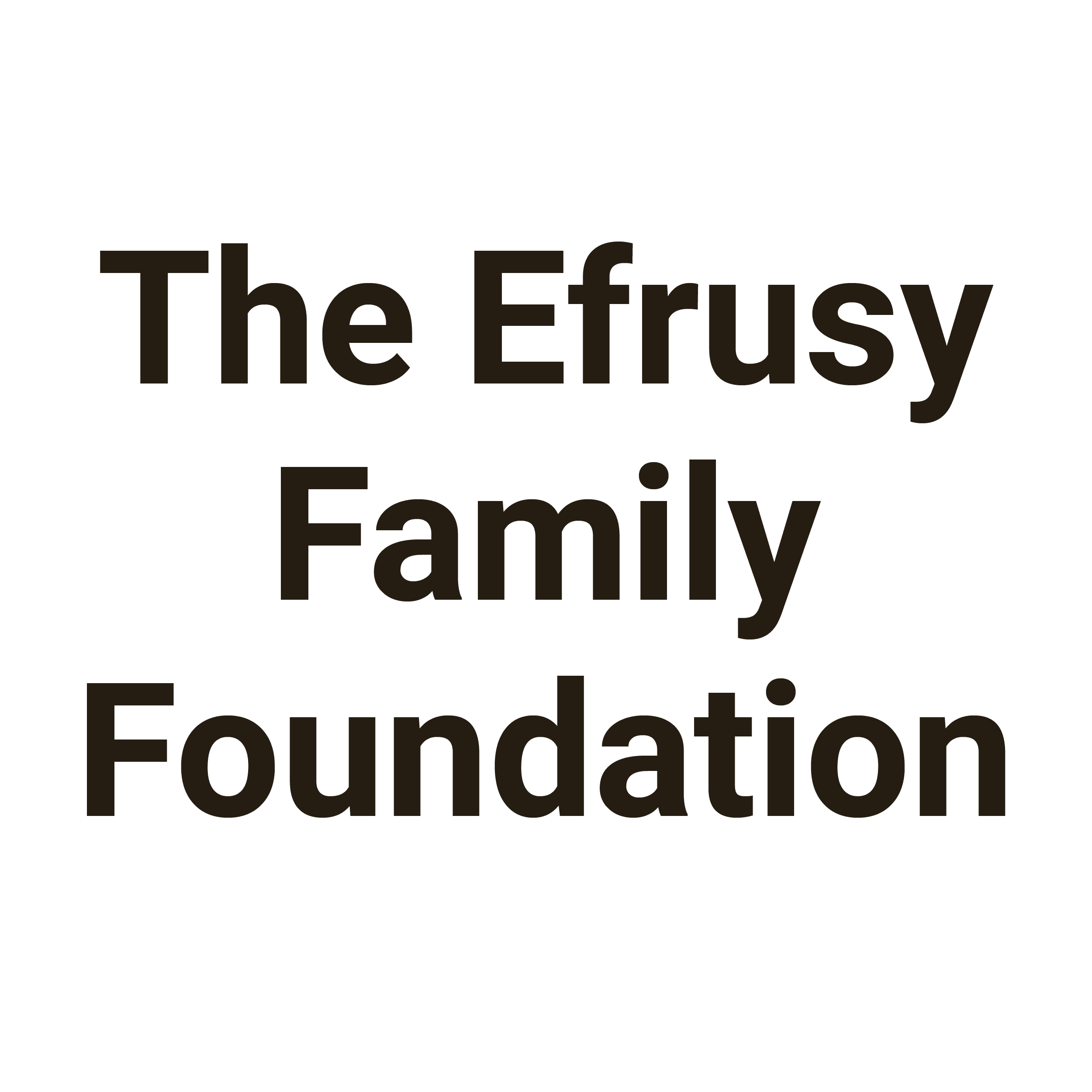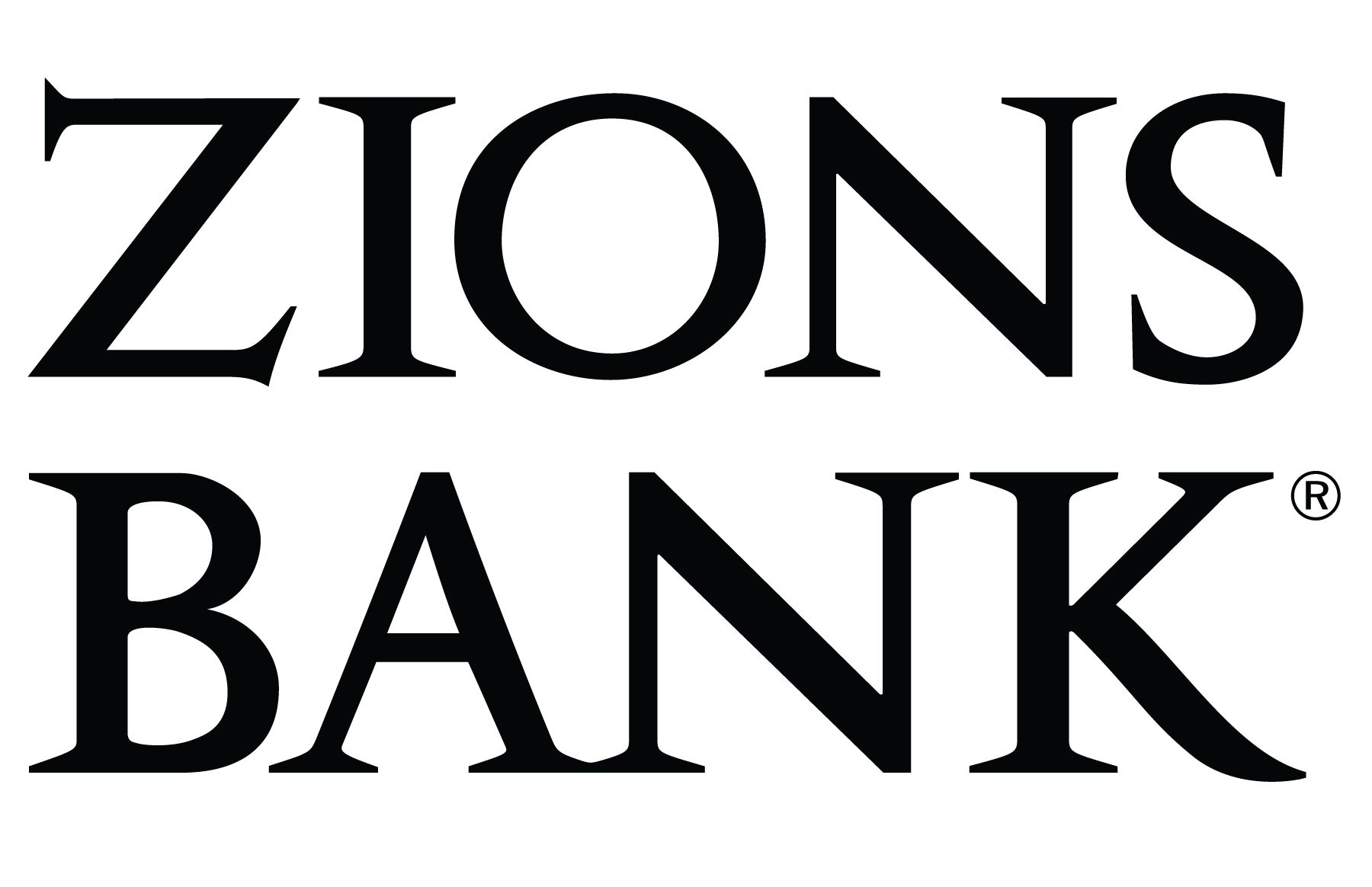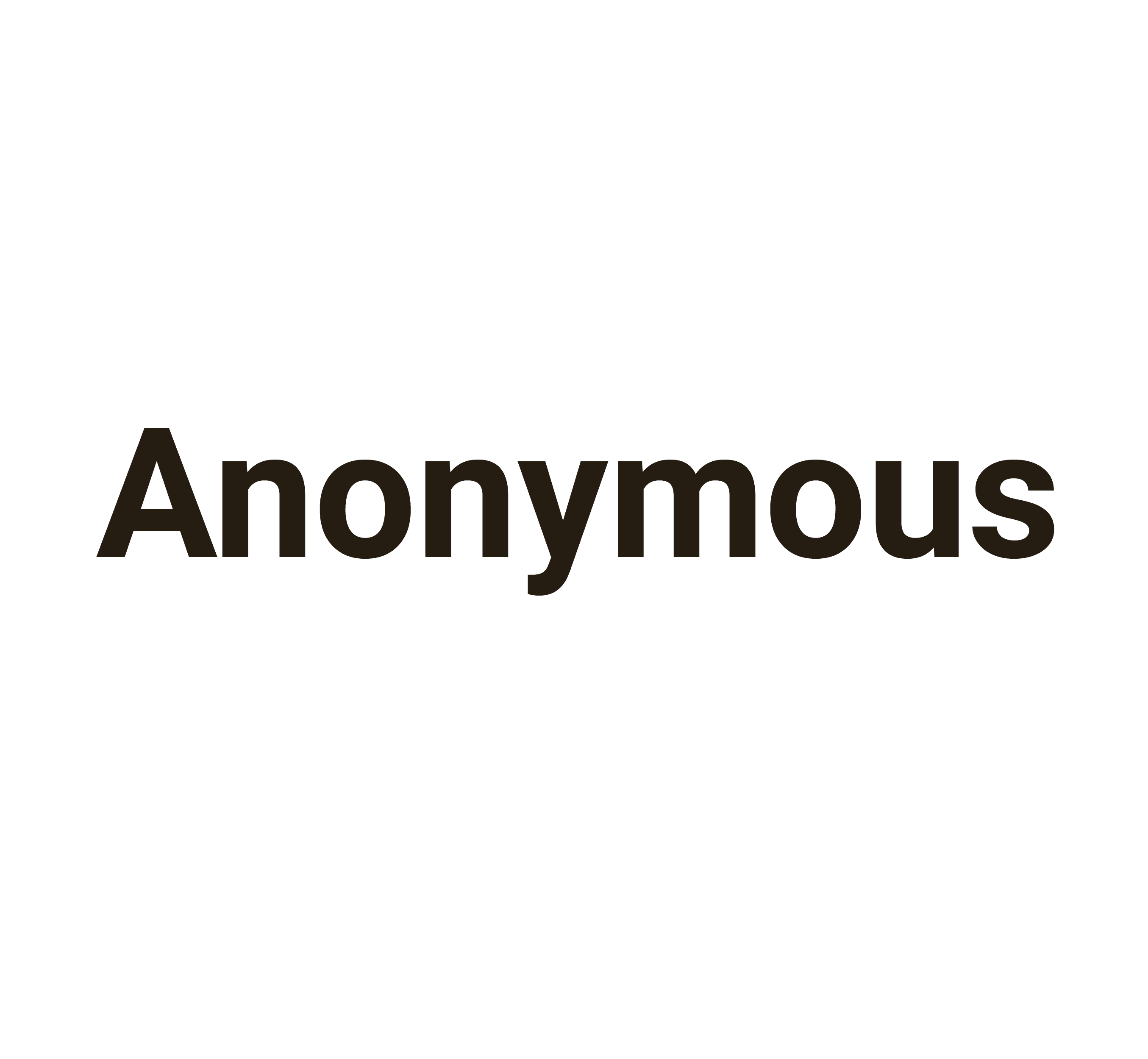
“What we’re seeing is a kinder, gentler school because of the intentional impact of the wellness initiative. The focus, lessons, and structures put in place have been innovative both as a school and as a district.” Treasure Mountain Junior High Interim Principal Isaiah Folau
Now in the second year of a three-year pilot wellness program, a culture shift has taken root at TMJH. Small but meaningful changes are building a community of students who champion empathy, respect, and positive connections. Thanks to a generous gift from the Alnoba Lewis Family Foundation, PCEF has been able to fully fund this initiative focused solely on student wellness. We recently caught up with Multi-Tiered System of Support (MTSS) Wellness Coordinator Larissa Fomuke and Interim Principal Isaiah Folau to discuss how the program is evolving, the successes they’ve seen, and the valuable insights guiding the program’s future.
New Advisory Structure:
“This year, the advisory classes have changed and become more structured and purpose-driven,” Mr. Folau shared. “We’re introducing wellness best practices.”
In the past, advisory time allowed for academic support, independent study, or socializing. Now, advisory has a more structured focus:
- Monday & Thursday: Wellness Lessons & Grade Checks
Focused lessons centered on themes like study skills, social awareness, and anti-bullying to equip students with strategies to navigate school and life. October’s theme covered study skills, and November will address anti-Semitism for example. More student engagement opportunities are being developed in this space too, offering new ways to engage students without it feeling like a lesson (i.e. games, high schoolers filming community experts about a topic/modeling behavior, etc.).
- Tuesday & Wednesday: Academic Support
Dedicated time for targeted academic help, where teachers can request specific students to work on particular subjects or skills, reinforcing academic responsibility and growth. The number of teacher-student advisory requests has increased with the new structure. Guest speakers are a part of the programming, sharing about careers and life perspectives.
Positive Behavior Incentives:
TMJH has had great success with the Token Rewards program introduced last year, so they’re leaning into it more with bigger prizes, a monthly raffle, a claw machine stocked with popular items, and an arcade. Students can earn tokens for positive behavior, which they can redeem for rewards. Teachers are actively participating by handing out tokens, and students are responding positively, making the program both engaging and fun.
“The response has been tremendous,” Folau shared. “It’s about positive reinforcement and making school a rewarding place.”
Unexpected Surprises:
“One surprise that’s developed this school year is developing an actual event which will be at Woodward in the spring called ‘Leading with Kindness’. Two local non-profits, Live Like Sam and Peace House, are working with us on it and it will happen on a Sunday in April. So, it’s been fun having the opportunity to work with them and plan a meaningful event,” Fomuke said.
This new event will include booths, workshops, and activities promoting kindness and anti-bullying.
Educator Collaboration & Behavior Support:
- “Conscious Discipline”
Ms. Fomuke sees potential in “Conscious Discipline” as a district-wide teaching tool.
“‘Conscious Discipline’ builds social-emotional skills that help students navigate learning by focusing on three different parts of the brain and neuroscience,” she said. “It teaches self-regulation and empathy… skills kids can take with them beyond their school years.”
Implementation requires time and buy-in from the district, administration, and educators. Some elementary schools, like Parley’s Park, have already begun exploring it, and Fomuke is discussing it with counselors to see how it fits with the district’s goals.
- Behavior Coaching
A proactive, hands-on approach to behavior management within the classroom.
“If a teacher encounters a behavior issue in class, they can call me in, and together we observe and assess the situation, then try a few strategies to see what works best for that student,” Fomuke said. “It’s about creating a supportive environment where teachers feel equipped to handle diverse needs, knowing they have access to help.”
Cell Phone Pouch Pilot Program:
Though the Cell Phone Pouch Program (funded by the Alnoba Lewis Family Foundation) is separate, there are already positive observations made at TMJH related to wellness. Teachers report cyberbullying, less conflict and more engaged students due to this policy.
“Removing cell phones has minimized distractions and has greatly improved classroom management,” Folau explained. “Teachers can now focus on teaching without having to address constant interruptions, alleviating their capacity to focus on more important things.”
Measurements of Success:
The intentional focus on this initiative can be felt throughout TMJH, even if not all outcomes can be measured in numbers. However, some key shifts in student behavior stand out.
“As of October last year, we had 21 suspensions since the start of school. This year, that number is down to five,” Mr. Folau shared, highlighting a significant positive change.
Counselor Niko Jensen had noted a similar trend, explaining that last year he managed one to two student conflicts each week, while this year, he’s had only three in total.
Most teachers have utilized the token rewards, and more than half have reported positive behavior changes from this program. Additionally, most educators are incorporating wellness lessons into their weekly schedules.
Now that the structure is in place, Folau and Fomuke agree the next priority is ensuring that both staff and students fully understand the available wellness resources and programs, as well as how to make the most of them. The door remains open for feedback and ideas from both educators and students.
As the wellness program looks ahead to its third and final pilot year during the 2025/26 school year, Principal Folau and Ms. Fomuke are committed to continue along the path of putting structure in place to allow for a continued focus on healthy minds and connection. With TMJH set to close its doors, and transition students to the high school, the focus will be on ensuring that these wellness practices evolve and build on the new foundation moving forward.
PCEF launched the Educator & Student Wellness Signature Initiative in 2022 as educator and student wellness has emerged as a critical area of need. Educator and Student Wellness is one of eight Signature Initiatives funded by PCEF to inspire all Park City students to successfully reach their academic and lifelong potential.
